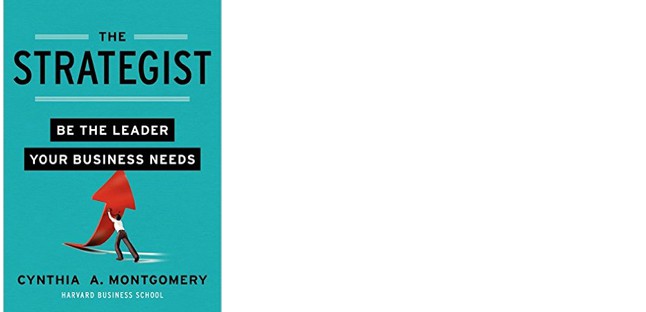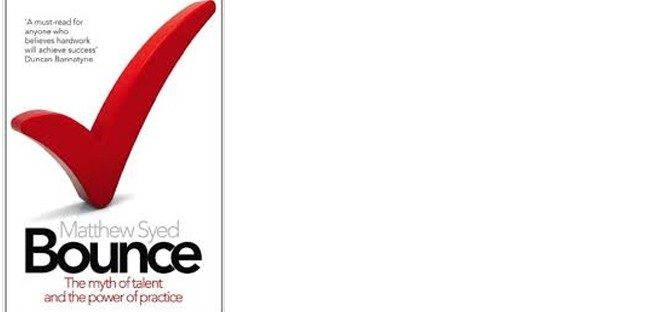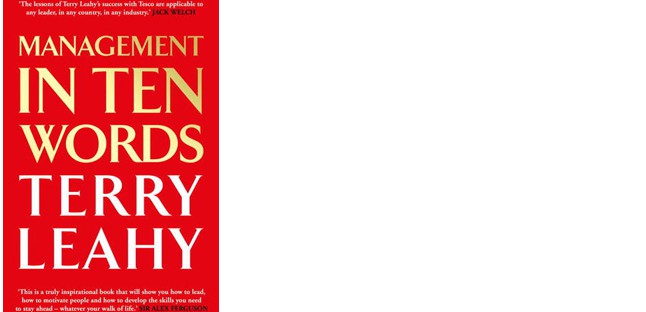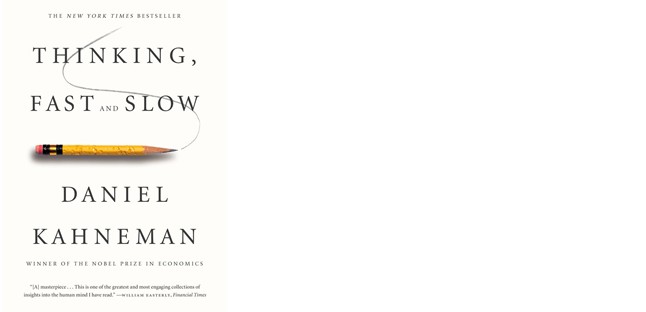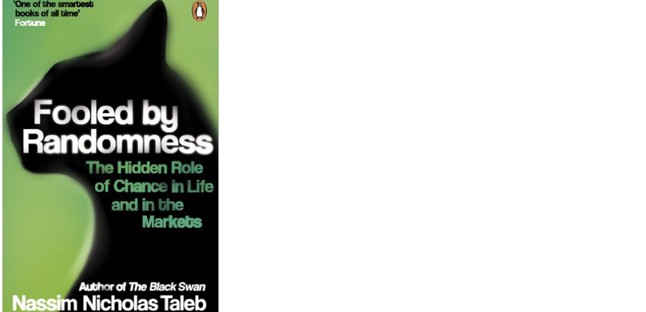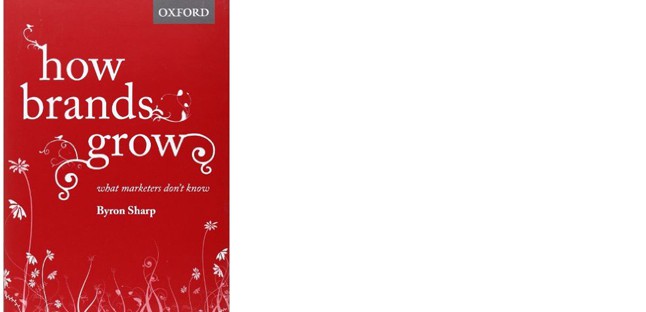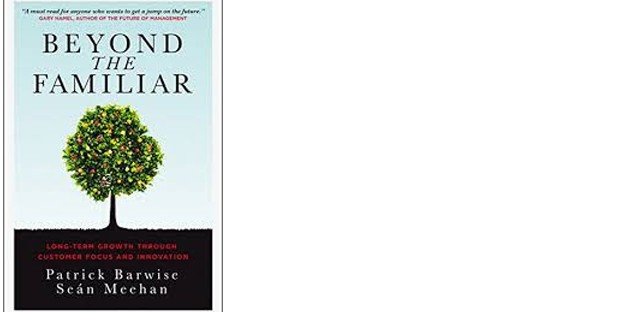Back to all posts
Latest posts
What’s going on at parkrun?
Virtue-signalling all the way to the bank
Bud Light: brand purpose or virtue-signalling?
The Coddling of the American Mind, by Greg Lukianoff and Jonathan Haidt
Belonging, by Owen Eastwood
Such a simple thing
The Long Win, and The Scout Mindset
The Cult of We by Eliot Brown and Maureen Farrell
Coffee and covid modelling
John Lewis: so right-on it’s wrong
By theme
Marketing strategy
Insight & metrics
Innovation & inspiration
Brand & positioning
Marketing communications
Business purpose
Leadership
By industry sector
Financial services
Retail
FMCG
Technology & start-ups
Consumer services
Business to business
Other sectors
By type
Books
Comment
Quotes
Thought leadership
I’m always on about the importance of having a clear business purpose – not necessarily the lofty do-good type that P&G, Unilever and co now seem to think they must have, just a reason why an enterprise exists, what it’s there for, in terms that its customers would recognise and value. This Harvard academic thinks so too, and makes the case brilliantly in this pithy book. It’s an accessible, human approach to business strategy development, Read More
Syed wanted to know why his neighbourhood in Reading produced so many top table tennis players. The clue is in the book’s subtitle, “the myth of talent and the power of practice”, and you probably feel you know what’s in it – yeah, yeah, the 10,000 hours it takes to be a virtuoso musician or a world class tennis player. But that’s just one chapter. If you’re a parent you have to know why praising effort is so much more important than praising achievement (and read about the Polgar sisters, Read More
This advertisement was on the outside back cover of the Independent’s Saturday listings magazine, Radar, on 16th Nov. If these are deliberate mistakes then I don’t get the joke. Can anyone explain it to me? Call me old-fashioned, but a book retailer that can’t spell its own name somehow isn’t as appealing as it might be…
Well it’s not rocket science, is it? So if good business is mostly common sense, here’s a book that lays it out clearly and simply, with a few guiding principles, and the recurrent theme of seeing your business as customers see it. According to Leahy, this means eschewing conventional market definitions and boundaries, constantly looking around and listening to customers for things you can do better for them, and then trying things out. It’s a good straightforward read, Read More
You get a concept a chapter in this packed book, which covers two broad areas: how the human brain/ mind makes judgements, and how we make choices (aka behavioural economics). Fast thinking is when our automated processor steps in, which is the default because slow thinking – that’s to say, really thinking – is effortful. Trouble is, we mostly aren’t aware which thinking mode we are using, nor of the errors the fast thinking mode can make. Read More
Fooled by randomness, by Nassim Nicholas Taleb
It’s a cliché to say a book changes how you think about things, or how you see the world, but this one does. Taleb, a Lebanese trader working in the New York financial market, is original, iconoclastic and entertaining. It made me question what I read and hear in the media, and how people report events and achievements. The central idea is that we look for causality and frequently infer it where it does not exist. Read More
How brands grow: what marketers don’t know, by Byron Sharp
Based on analysis of twenty years of rigorous purchasing data from many categories and markets, this book debunks some of the myths about how marketing builds business success. An Aussie academic who worked with the great Andrew Ehrenberg of London South Bank University, Sharp shows how a lot of marketers focus on the wrong things, and tells you what you should focus on. Read More
Beyond the Familiar, by Patrick Barwise and Seán Meehan
These two take an enterprise-wide approach to creating organic growth, with a simple, clear and actionable model. They agree with Sharp that the only differentiation really worth pursuing is to be the business that delivers on the category basics better than competitors. Their previous book, Simply Better, laid out that argument in full. This time they’re showing how to put it into practice. They place a very high value on customer feedback, Read More
Back to all posts
Latest posts
What’s going on at parkrun?
Virtue-signalling all the way to the bank
Bud Light: brand purpose or virtue-signalling?
The Coddling of the American Mind, by Greg Lukianoff and Jonathan Haidt
Belonging, by Owen Eastwood
Such a simple thing
The Long Win, and The Scout Mindset
The Cult of We by Eliot Brown and Maureen Farrell
Coffee and covid modelling
John Lewis: so right-on it’s wrong
By theme
Marketing strategy
Insight & metrics
Innovation & inspiration
Brand & positioning
Marketing communications
Business purpose
Leadership
By industry sector
Financial services
Retail
FMCG
Technology & start-ups
Consumer services
Business to business
Other sectors
By type
Books
Comment
Quotes
Thought leadership
